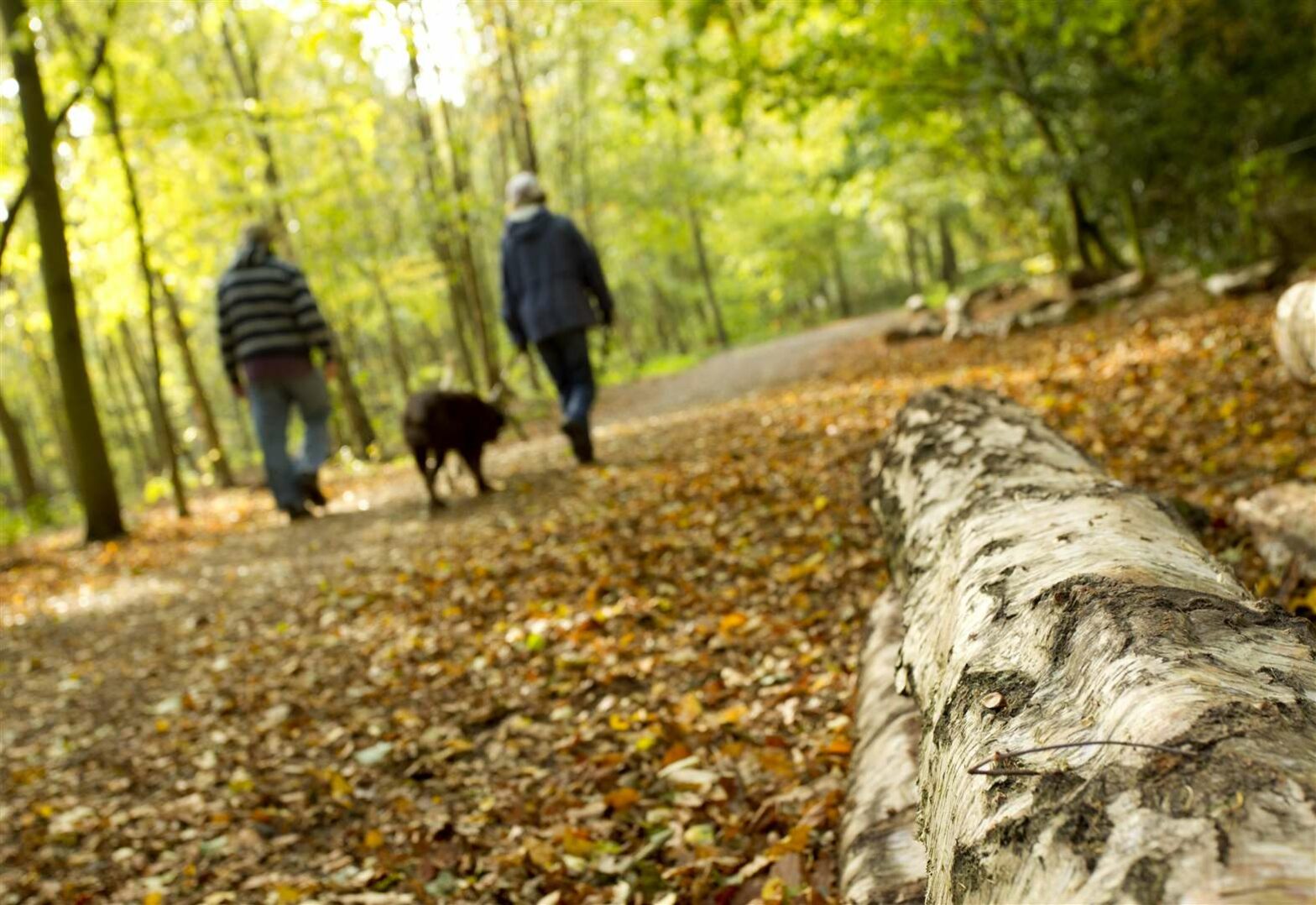[ad_1]
The UK is without doubt a nation of both dog lovers and nature lovers, but these two passions are not always completely in sync, writes Erin McDaid of the Nottinghamshire Wildlife Trust.
Dogs are more popular than ever before, with an estimated 34% of UK households now sharing their home with man’s best friend.
Just as appreciation of nature and local wild spaces grew during lockdown restrictions, it seems that dog ownership grew too — increasing the chances of issues when walking dogs on nature reserves.
Just like most of us, to keep healthy and happy, dogs need fresh air and exercise, but depending where people choose to exercise their dogs, this can bring them into conflict with wildlife. Even the friendliest, most gentle dog still looks like the predator they evolved from — and that’s just how wildlife such as birds and small mammals see them.
An encounter with a dog, even a very brief one, can be hugely stressful for birds, mammals, reptiles, and other animals. Sometimes it can even prove fatal either through an rare attack or because disturbance leads to nests or young being abandoned.
Our dogs can also have less direct impacts on the natural world around them. It might seem harmless to leave dog poo in the undergrowth, but the extra nutrients this adds to the soil, especially on sites popular with dog walkers, can disrupt nature’s balance, leading to the loss of wildflowers as delicate plants are replaced with nutrient-hungry species such as nettles. Cleaning up after your dog and keeping them on a short lead whilst on nature reserves and in other vital wildlife habitats will go a long way towards keeping wildlife safe.
While many nature reserves across the UK don’t allow dogs at all, Nottinghamshire Wildlife Trust has a long standing policy of welcoming well-behaved dogs — and well-behaved owners.
Until recently, we asked people to keep their dog under close control but sadly this advice can be misinterpreted and is difficult to enforce. With the advent of extendable leads and the significant increase in dog numbers, we’ve changed our policy and now ask people to keep dogs on a short lead when visiting our sites unless there is explicit signage saying otherwise.
A few weeks ago, we issued a news release outlining our change of policy – timed to coincide with the start of the bird nesting season and lambing season – a period when dogs, wildlife and livestock often clash. But the issue of dogs disturbing wildlife and livestock is year-round.
The sad fact is that dogs off leads is one of the biggest causes of wildlife disturbance and this issue is particularly problematic for the many species that breed on or close to the ground.
Ground-nesting birds, such as corn bunting and skylark, are particularly at risk. Research shows that 66% of ground-nesting birds are in decline in the UK, compared to 31% of other species. When you consider that some ground nesting species, including the mysterious nightjars that breed on heathlands in Sherwood Forest, have come all the way from Africa for the short breeding season, it is incumbent on us all to ensure they have every chance of success.
Dogs can also be a threat to livestock, especially sheep, with regular problems reported on our reserves where we use conservation grazing to manage habitats.
Many of us at Nottinghamshire Wildlife Trust are dog lovers too and the last thing we want to do is spoil anyone’s fun or that of their dog’s, but our sites are primarily havens for wildlife and we need all visitors’ help to ensure that wildlife can thrive and that everyone can enjoy them. Many people are unaware that birds can be nesting on the ground just a short distance from footpaths and familiar birds such as dunnock and blackbird can also nest very close to the ground in bushes and brambles. An inquisitive dog wandering just short distance off the path could impact on birds’ chances of breeding success.
So, next time you visit a nature reserve remember to keep dogs on a short lead and don’t forget to clear up after them — taking the dog waste home with you if there’s no bin or the bin is full. By following these two simple guidelines it’s possibly to enjoy taking your pooch for a mooch around your local nature spot without harming or disturbing wildlife.
Further details of our Dogs on Nature Reserves policy can be found at nottinghamshirewildlife.org.
[ad_2]
